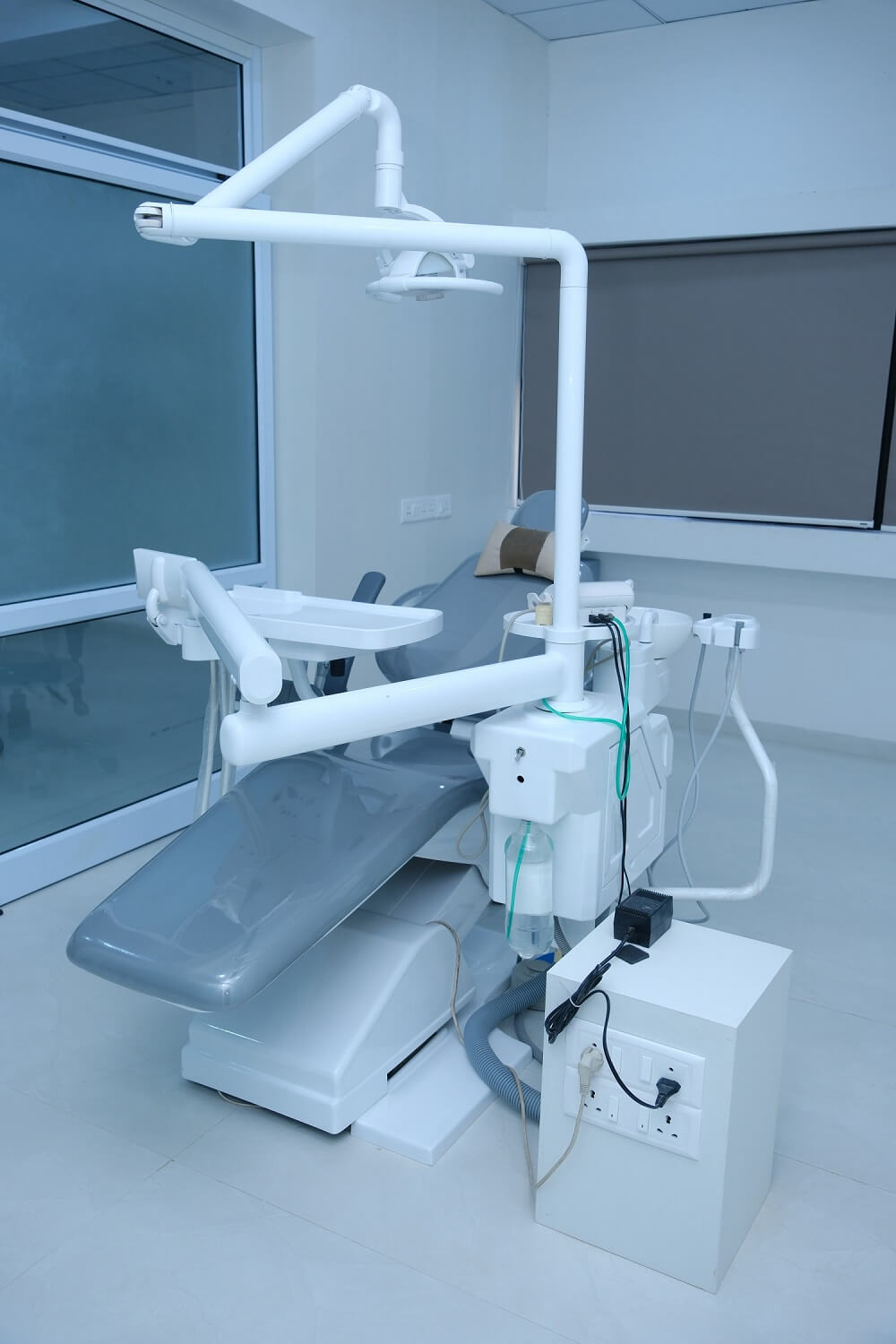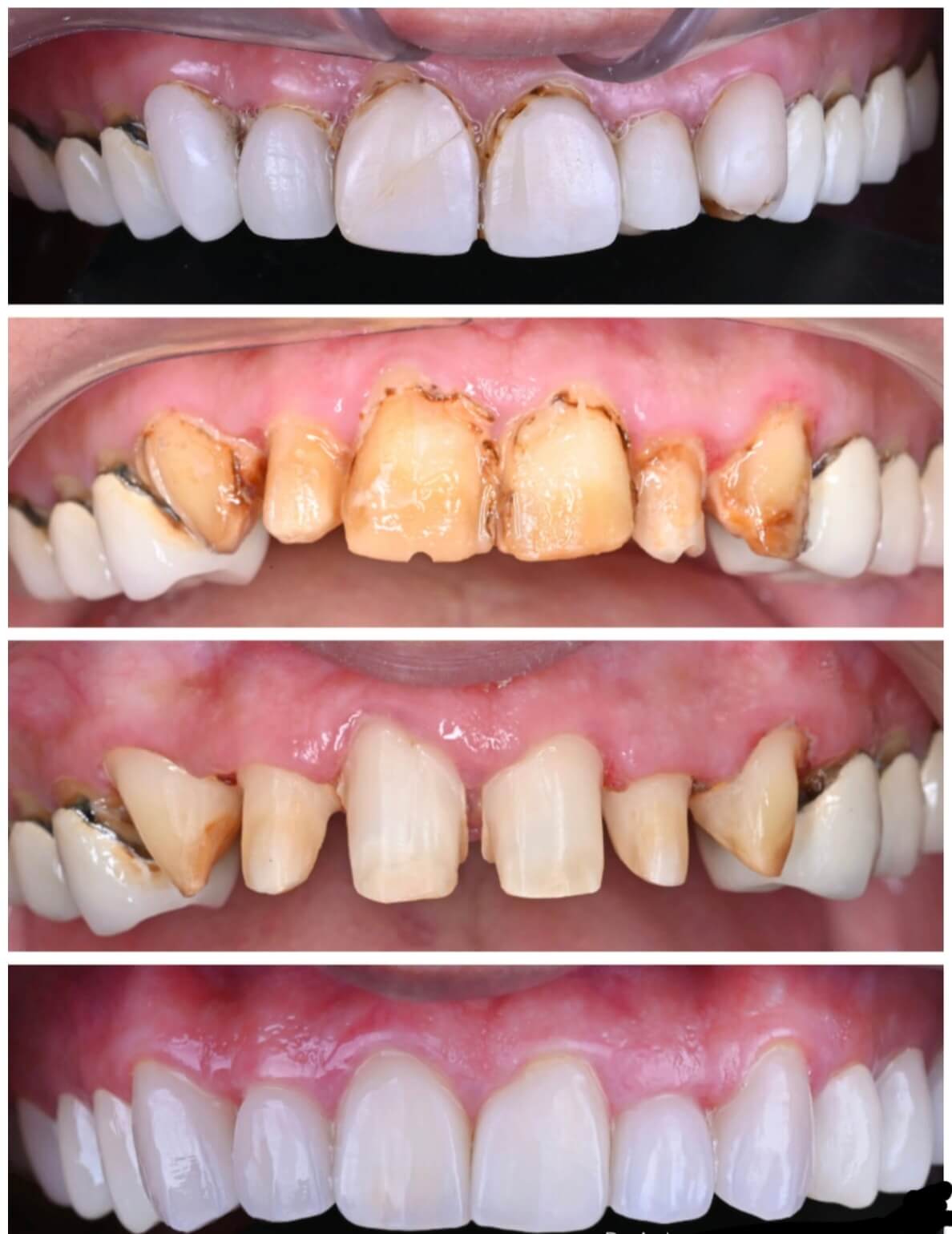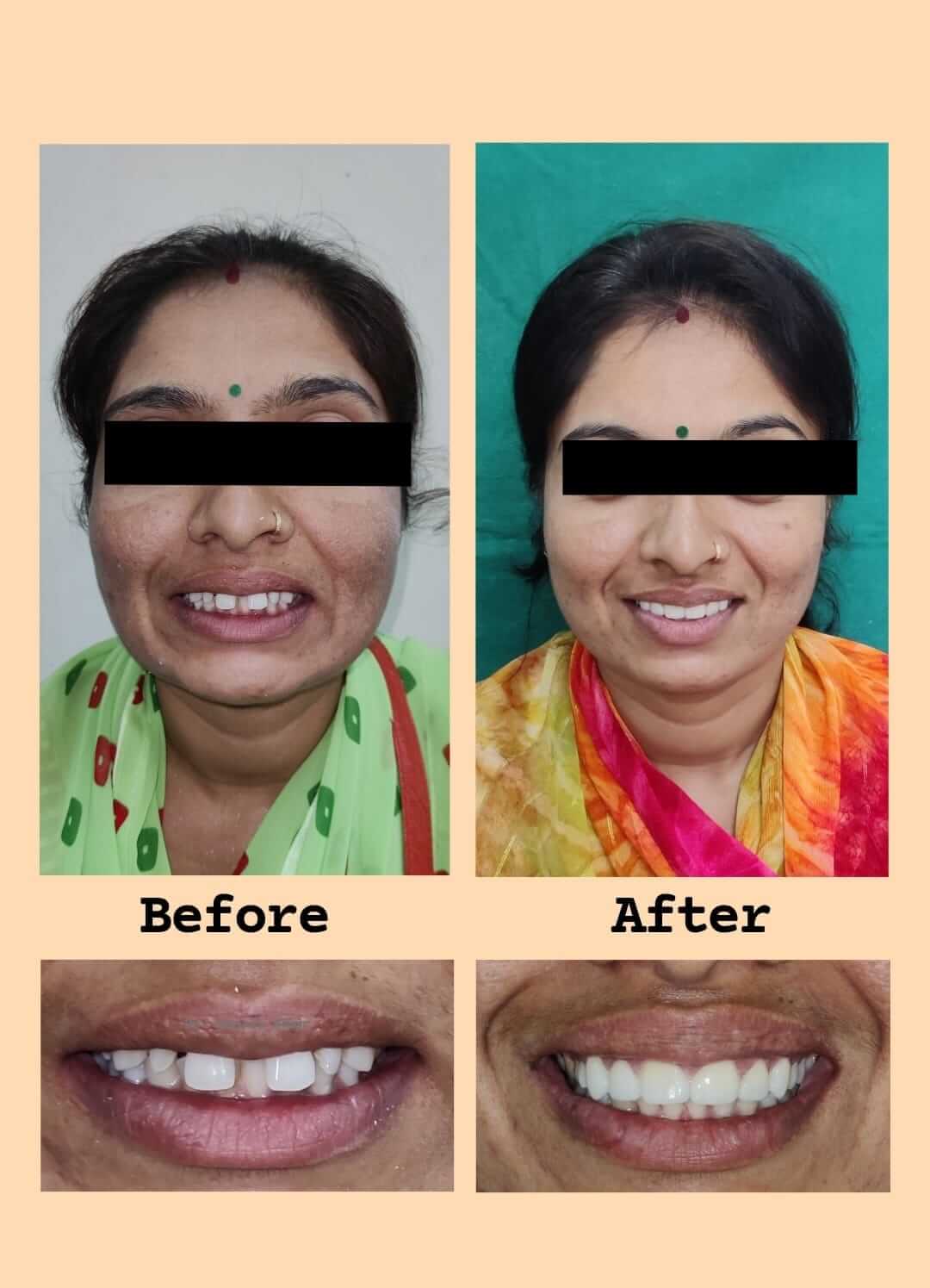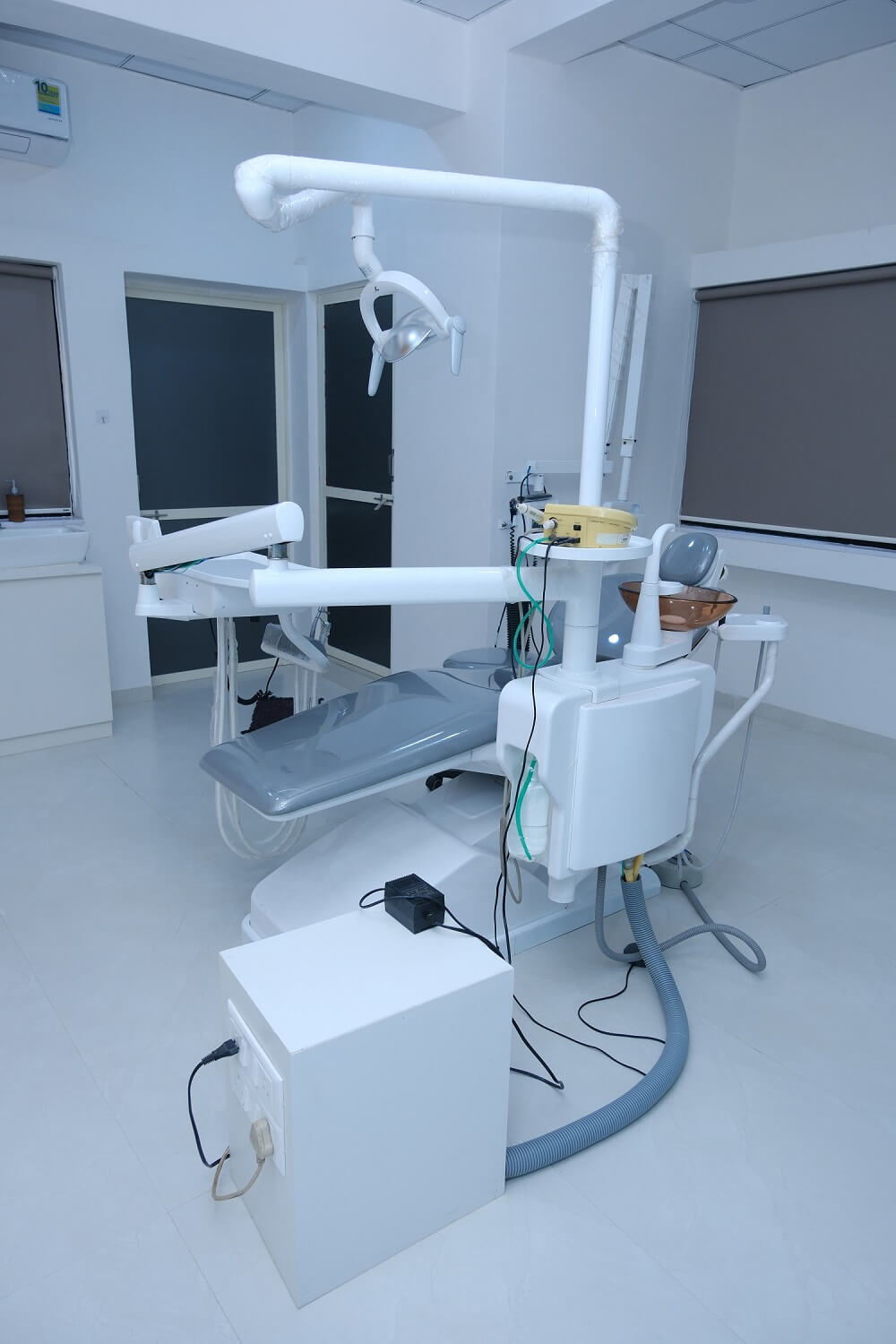Rebuilding Your Smile After Cancer or Mucormycosis

Overview
Post Cancer & Post Mucormycosis Prosthesis
that focuses on restoring the oral function and esthetics of individuals who have undergone cancer treatment or mucormycosis infection. These conditions can lead to the loss of teeth, jawbone, and soft tissue, making it difficult to eat, speak, and smile. Post Cancer and Post Mucormycosis Prosthesis aims to improve the quality of life of these patients by providing them with customized prosthesis that can restore their oral function and enhance their appearance.
Post Cancer and Post Mucormycosis Prosthesis is a specialized dental service that involves the fabrication of custom-made dental prostheses for patients who have undergone cancer treatment or have been affected by mucormycosis.
The prostheses are customized to fit the patient’s individual needs and may include implants, dentures, or other restorative options.
Benefits of Post Cancer & Post Mmucormycosis Prosthesis
Post-cancer and post-mucormycosis prosthesis can offer several benefits, including:
Improved Appearance
Prosthesis can help restore facial features and improve the appearance of the patient who has lost some or all of their facial structures due to cancer or mucormycosis treatment.
Restored Functionality
Prosthesis can help restore the patient's ability to eat, drink, speak, and breathe properly, which may have been affected by the cancer or mucormycosis treatment.
Boosted Self-Confidence
Prosthesis can help restore the patient's self-esteem and self-confidence, as they can regain their facial features and oral functionality.
Customized Solutions
Post-cancer and post-mucormycosis prosthesis are customized to meet the specific needs of each patient, ensuring maximum comfort and functionality.
Consultation and Evaluation
Comprehensive Evaluation
The first step in the process of receiving post-cancer or post-mucormycosis prosthesis is a comprehensive evaluation. During this evaluation, the dentist will examine your mouth and take a detailed medical and dental history to determine your oral health status and the extent of the damage caused by cancer or mucormycosis treatment.
Radiographs and Scans
Radiographs and scans such as X-rays and CT scans may be taken to determine the extent of bone loss or damage, as well as to identify any potential problems that may impact the prosthesis placement.
Assessment of jaw Function
The dentist will also assess your jaw function, including your bite and the way your teeth come together. This information is important in designing and fitting the prosthesis.
Discussion of Treatment options
After a thorough evaluation, the dentist will discuss treatment options with you. This will include the pros and cons of different types of prosthesis, as well as the timeline for the treatment.
Development of Treatment Plan
Based on the evaluation and discussion of treatment options, a comprehensive treatment plan will be developed that meets your individual needs and goals. This plan will outline the entire process, from preparation to the final placement of the prosthesis.

Treatment Planning for Post-Cancer and Post-Mucormycosis Prosthesis
Treatment planning is an essential step in the post-cancer and post-mucormycosis prosthesis process. It involves a comprehensive evaluation of the patient’s medical history, dental status, and treatment goals. During the treatment planning phase, the prosthodontist will work closely with the patient’s healthcare team to determine the best course of action for their specific needs. Factors that will be taken into consideration include the patient’s overall health, the extent of their cancer or mucormycosis treatment, the condition of their remaining teeth and gums, and their desired outcome for their prosthesis. The treatment plan will outline the steps that will be taken to restore the patient’s oral function and appearance, as well as the timeline for each phase of treatment. Clear communication between the patient, their healthcare team, and the prosthodontist is essential to ensuring a successful outcome.

Prosthesis Fabrication Process
Prosthesis fabrication for post-cancer and post-mucormycosis patients involves the following steps:
- Impressions: The dentist takes impressions of the patient's mouth to create a mold of the oral cavity.
- Customization : The prosthesis is customized to fit the patient's mouth and restore their smile to its natural state.
- Selection of materials : The type of material used for the prosthesis depends on the patient's specific needs, including the location of the missing teeth and the overall condition of the oral cavity.
- Fabrication : The prosthesis is created in a laboratory using the mold of the patient's mouth and the selected materials.
- Fitting and adjustment : Once the prosthesis is fabricated, it is fitted in the patient's mouth and adjusted as necessary to ensure a comfortable fit.
Overall, the prosthesis fabrication process is tailored to each patient’s individual needs and may vary depending on the extent of their treatment requirements.
Fitting and Adjustments for Post-Cancer and Post-Mucormycosis Prosthesis
Once the prosthesis is fabricated, it is important to ensure a proper fit to maximize its effectiveness and patient comfort. This involves several steps, including:
- Placing the prosthesis in the patient's mouth and checking for any discomfort or pressure points.
- Making any necessary adjustments to the prosthesis to improve fit and comfort, such as smoothing rough edges or adding padding in certain areas.
- Checking the patient's bite to ensure that it is properly aligned with the prosthesis.
- Providing instructions to the patient on how to care for and maintain the prosthesis.
It is important to note that the fitting process may require multiple appointments to achieve the best possible outcome. Patients should communicate any discomfort or issues they are experiencing to their dental professional, as adjustments can often be made to improve the fit and overall function of the prosthesis.


